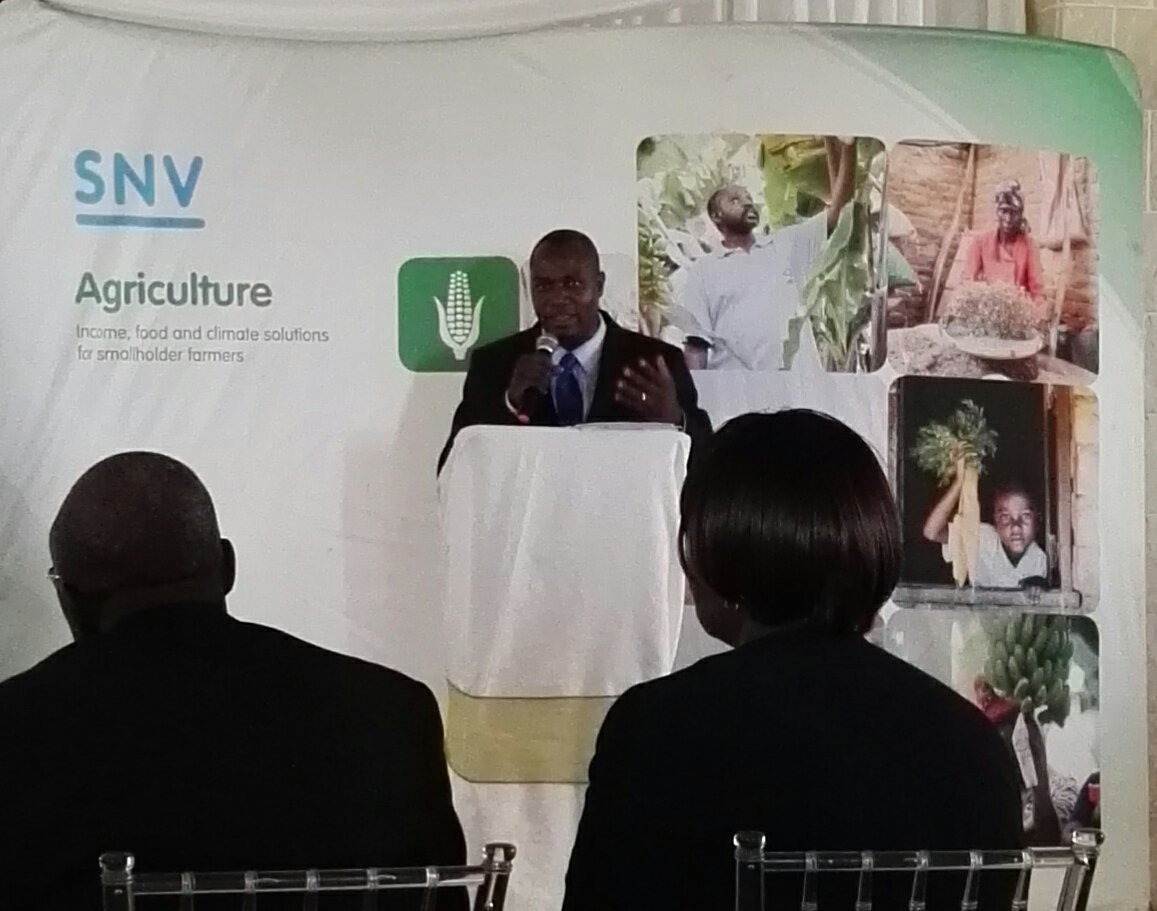By Byron Mutingwende
Mr Cloffas Nyagumbo, the Green Innovation Hub (GiHub) Project Manager and Deputy Country Director of SNV Zimbabwe had a one-on-one meeting with Spiked Online Media wherein he laid out the advantages of the initiative to the youths and the economy.
He said the GiHub seeks to address challenges around youth unemployment, climate change and environmental degradation and low access to energy.
“We can make these challenges (lemons) into opportunities (lemonade). Thus we need entrepreneurs that create new jobs; innovations to find creative ideas or solutions to lower our impact on the climate and environment. In the same vein, there is need for renewable energy businesses that reach out to communities that lack energy,” Mr Nyagumbo said.,
To that end, UNICEF Zimbabwe is carrrying out a number of initiatives.
The UNICEF’s Green Innovations Hub (GiHUB) is an incubation space, which seeks to create social change and unlock the potential of young people in contributing to sustainable development through ideas around smart and sustainable energy. It has three components that are youth innovators; green interns and green schools.
Why the Green Innovation Hub?
- Youth most affected by energy challenges also most vulnerable.
- Little tapped energy and innovativeness.
- Young people in their communities better understand their challenges.
- Opportunity to contribute to their own future.
Mr. Nyagumbo said GiHub comes at a time when there are increased reports of climate change, environmental degradation and impacts of these on children in Zimbabwe.
According to UNICEF, a lack of energy access in primary schools impacts 291 million children; Indoor smoke pollution results in 300,000 deathsof African children under the age of 5 annually; 60% of fridgesused to store vaccines in Africa lack access to reliable electricity and 105 million children are unvaccinated.Where energy access is scarce, there is a high risk of violence, for children who are often obliged to collect fuel from remote / isolated areas during the day. Energy access- at household level, in the education, health and water sectors as well as for infrastructure services- has a great influence on development results among children. (UNICEF, 2015)
The same statistics notes that energy demand in Zimbabwe is growing gradually, and access currently remains low with a national average of 40% and of only 19% in rural areas- it is clear that this situation is not sustainable. Barriers that impede Zimbabwean communities having access to sustainable renewable energy solutions include: Finance; Technology; Awareness; User participation; and Capacity.
The GiHub programme seeks to address these barriers and in doing so, create a platform for the youth to innovate around smart energy and to facilitate the transformation of these ideas into practical solutions that address real social challenges faced by local communities.
How will the GiHub provide solutions?
- Encouraging and Motivating young innovators to devise solutions for energy challenges within their own communities.
- Technically and Financially support a new generation of environmentally conscious social entrepreneurs.
- Document indigenous and contemporary coping strategies adopted by youth and children in responding to the challenges of a changing environment & Climate Change






